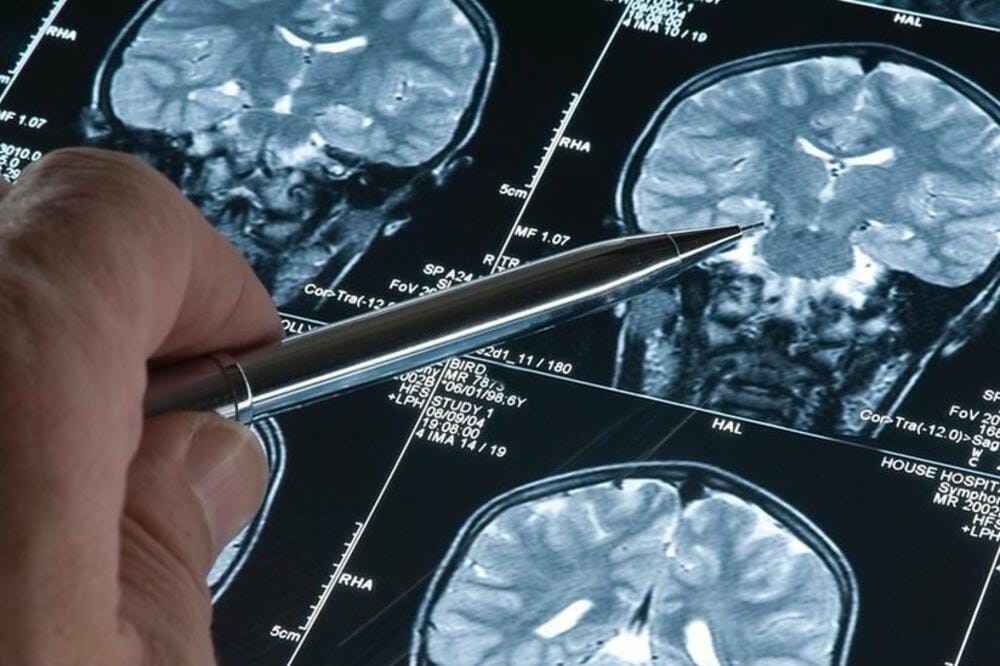A growing number of older adults in the United States want to know if they are in the early stages of Alzheimer’s, and many would be willing to take a blood test to find out, according to a national survey.
The poll, which is part of a report by the Alzheimer’s Association, interviewed 1,700 people aged 45 and older and revealed increasing interest in testing, diagnosis, and treatment for this deadly disease.
According to the report, more than seven million people are currently living with Alzheimer’s in the U.S. Some of the most important findings of the survey include:
– Nearly four out of five respondents (79%) said they would want to know if they had the disease before symptoms disrupted their daily routines.
– 80% stated they would request a test from their doctor rather than wait for one to be offered.
– 91% said they would take a blood test or other simple exam if one were available. (Most participants didn’t know that several blood tests on the market can detect amyloid plaques in the brain, a key indicator of Alzheimer’s.)
– 92% said that if they were diagnosed, they would probably or definitely take a drug to slow the disease’s progression. (Two newly approved drugs, lecanemab and donanemab, have shown this effect in early stages.)
– 58% said they would take an Alzheimer’s drug even if it came with a moderate or high risk of side effects.
– 83% said they would be willing to join a clinical trial with experimental treatments if they were diagnosed.
– 81% believe that in the next ten years, treatments will arrive that can halt the disease’s progression.
– 44% expressed concern that insurance may not cover treatment or care if a test detects the disease.
A Shift in Attitude
These responses reflect a shift in how people are facing an Alzheimer’s diagnosis, says Elizabeth Edgerly, a clinical psychologist and director of community programs at the Alzheimer’s Association. In the past, many patients would say things like, “I’d rather not know,” or “Why would I want to find out?”
One possible reason for the change is that it is now easier to get that information.
Just a few years ago, confirming the presence of amyloid plaques in the brain required a PET scan or a spinal tap. Now, a simple blood test can provide the answer. Another factor, according to Edgerly, is the emergence of medications for people in the early stages of Alzheimer’s. That gives people added motivation to get diagnosed while they are still able to make their own decisions.
While symptoms are still mild, she says, “they can articulate what they want for the future and decide whether or not to begin treatment.”
The availability of new drugs has made people living with Alzheimer’s feel more hopeful, says geriatrician Nathaniel Chin of the University of Wisconsin, who was not involved in the survey. “Even if they don’t stop the disease entirely, they give a sense that we’re making progress,” he explains. “People want to know if they could receive this therapy or maybe a future one.”
The results reflect changes Chin is also observing in his own clinical practice.
“People aren’t as afraid as they used to be,” he says. “There’s a real desire to know what’s happening in our bodies.”
Patient-Led Momentum
Still, many doctors remain skeptical about the value of testing. Chin believes that’s partly because they see current drugs as having limited benefits.
“Some patients are a step ahead of their own physicians,” he states. “They want this information and they’re going to ask for it.”
Chin already offers blood tests to patients with cognitive concerns. And he expects these tests to become increasingly common.
However, this presents new challenges. Many healthcare professionals are not trained to guide someone who has just learned they have Alzheimer’s. And a positive test in someone’s medical file could endanger their job or health insurance.
“There are laws to protect those who receive genetic information,” he says, “but right now there are no protections for people learning whether they are cognitively healthy or not.”
Now that more people are finding out, he adds, it’s up to groups like the Alzheimer’s Association to advocate for those protections.



